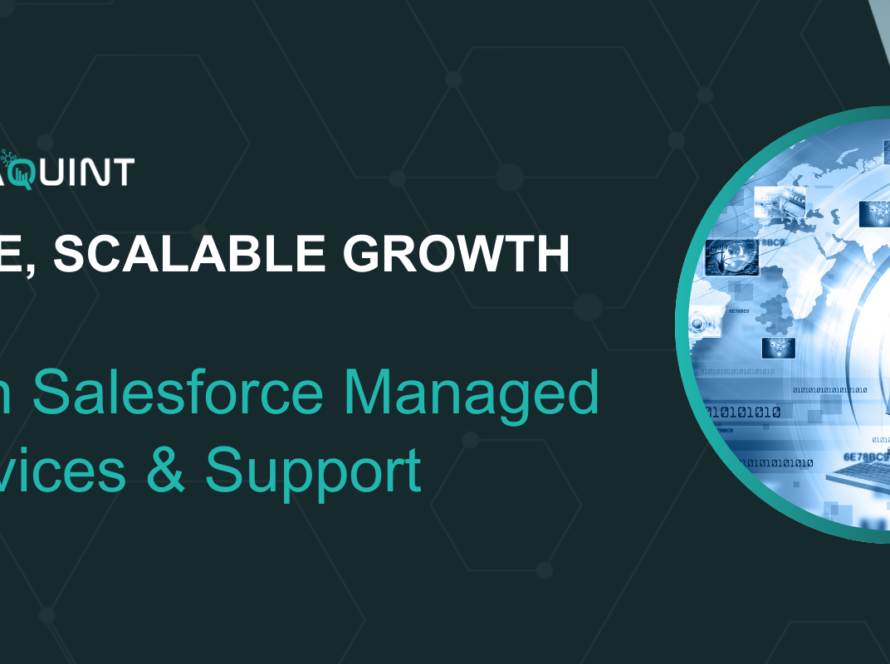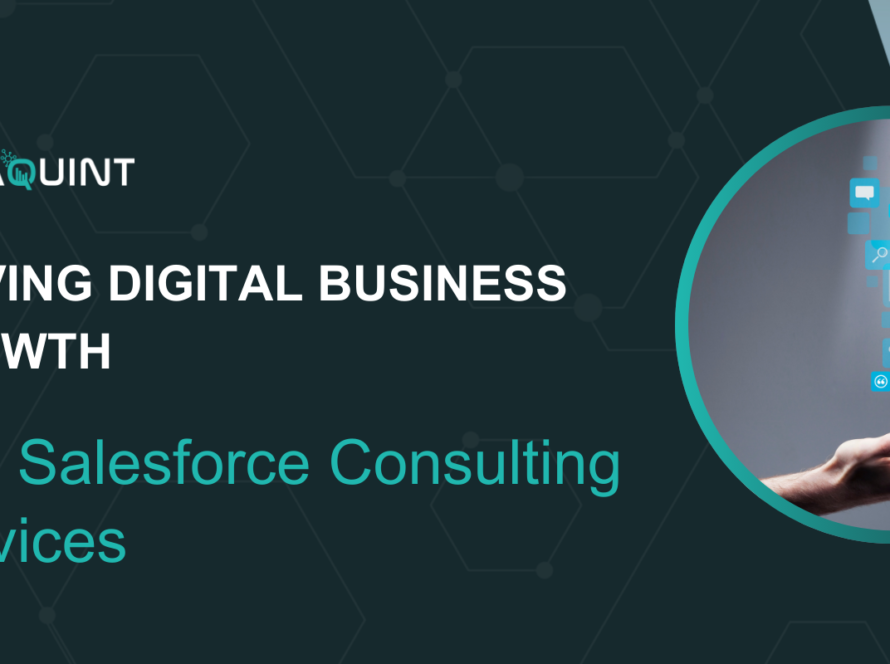Quantum Security: Three Critical Questions for Government Leaders Today
The digital landscape is evolving at an unprecedented pace, bringing both immense opportunity and complex new challenges. For state and local government leaders, the horizon now includes quantum computing – a technology poised to render current encryption methods obsolete. While the full impact may seem distant, the time for proactive readiness is now. The influx of guidelines and warnings about quantum security can feel overwhelming, but smart preparation begins with asking the right questions. This isn’t just an IT problem; it’s a strategic imperative for safeguarding citizen data, maintaining trust, and ensuring long-term operational resilience.
Question 1: Have We Mapped Our Current Cryptographic Footprint and Identified Vulnerabilities?
Before you can secure your future, you must understand your present. This foundational question requires a comprehensive audit of all systems, applications, and data stores that rely on cryptography. Think beyond just citizen-facing portals to internal communications, legacy systems, and third-party integrations. What data are you protecting? How long does that data need to remain confidential? Are there specific compliance requirements (HIPAA, CJIS, etc.) that dictate data longevity and security? Identifying where cryptographic assets are deployed, their current strength, and their exposure to potential quantum attacks is the first critical step. Without this clarity, any future strategy will be built on assumptions, not insights.
Question 2: Do We Have a Phased Strategy for Migrating to Quantum-Resistant Cryptography?
The transition to quantum-resistant algorithms won’t happen overnight. It requires a carefully planned, phased approach, much like any major digital transformation initiative. This question pushes beyond mere awareness to actionable planning. Are you evaluating the NIST-recommended quantum-safe algorithms? Have you engaged with your software and hardware vendors to understand their quantum readiness roadmaps? A strategic plan should outline pilot programs, resource allocation, budget considerations, and a realistic timeline for implementation. It should also account for the inevitable “crypto-agility” needed – the ability to quickly swap out cryptographic algorithms as new standards emerge or threats evolve. This isn’t just about replacing code; it’s about embedding adaptability into your digital infrastructure.
Question 3: How Are We Educating Our Teams and Fostering a Culture of Quantum Readiness?
Technology shifts are only successful when accompanied by human readiness. Quantum security isn’t solely the domain of a few cryptography experts; it impacts IT operations, procurement, legal, and even policy-making teams. This question addresses the crucial element of organizational preparedness. Are your IT teams being trained on post-quantum cryptography concepts? Is there cross-departmental awareness of the impending changes and their implications? Building a culture of proactive security means fostering continuous learning, encouraging inter-departmental collaboration, and ensuring that quantum readiness is integrated into broader digital strategy discussions, not siloed as a niche technical concern. It’s about empowering your people to be part of the solution.
The prospect of quantum computing represents a paradigm shift in cybersecurity. For state and local government leaders, taking a proactive, strategic stance today is paramount. By asking these three critical questions, you can move beyond trepidation to informed action, safeguarding your agency’s digital assets and the trust of your constituents for years to come. At TeraQuint INC, we understand that complex digital challenges require clear strategic guidance. While quantum security presents unique technical hurdles, its integration into your broader digital transformation journey is a strategic imperative we can help you navigate. To discuss how your organization can build a resilient, future-proof digital foundation, we invite you to [Book a call](https://go.teraquint.com/meetings/book-now/discover) with our strategic advisors. Or, [Explore more insights](https://teraquint.com/insights/) on our blog for more strategic guidance on digital transformation.



